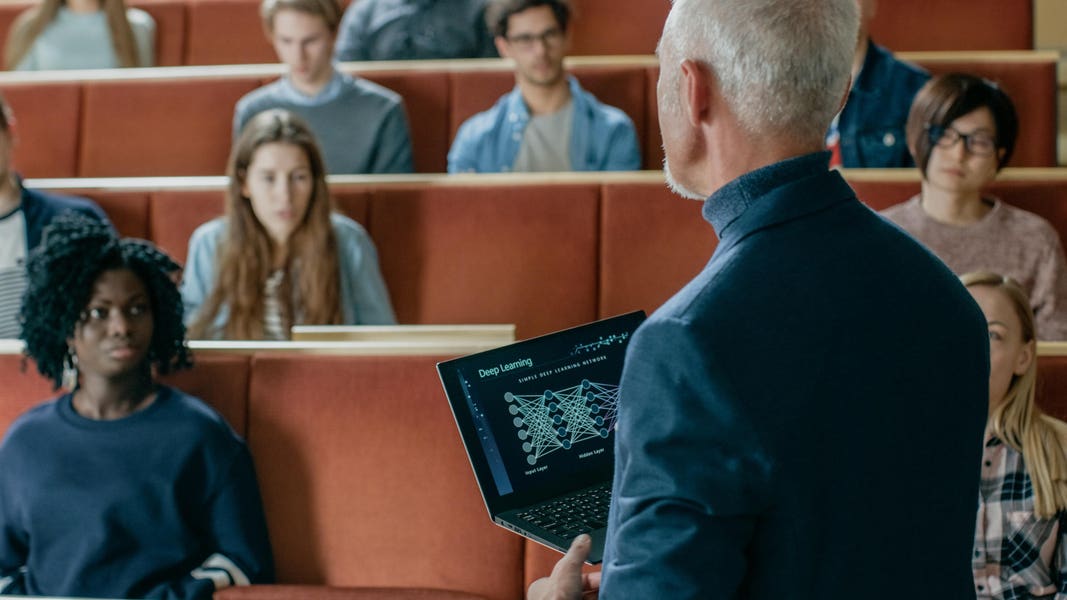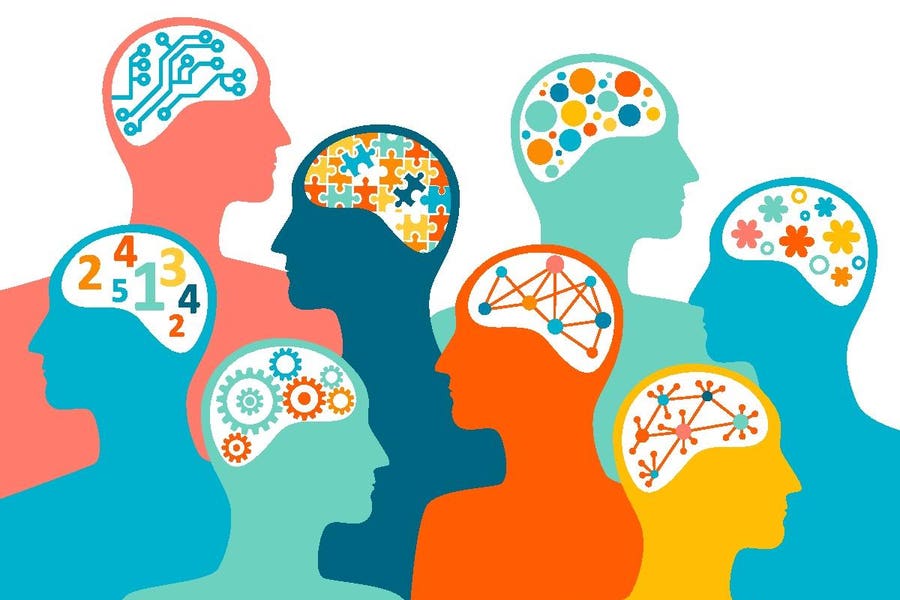The impact of artificial intelligence (AI) on higher education is a topic of significant interest for academic institutions worldwide. Various responses have emerged, ranging from monitoring students’ use of ChatGPT to appointing an AI czar and leveraging AI as a catalyst for positive change. Touro University has taken a proactive stance in embracing AI to enhance educational leadership and reap its benefits.
Recent reactions to the proliferation of automated text, image, and code creators reflect a growing trend in academia towards integrating AI technologies into various aspects of higher education:
- The Communications of the ACM featured an article discussing “computing education in the era of generative AI,” advocating for updated pedagogical strategies to cultivate new skill sets.
- Arizona State University partnered with OpenAI to encourage innovative ideas from faculty and staff aimed at improving student success, fostering research innovation, and streamlining organizational processes.
- Western University in Canada appointed a chief AI officer to spearhead numerous pilot AI projects, such as automating financial auditing and collaborating with faculty to develop new courses in the humanities.
- Professor Ethan Mollick from the Wharton School of the University of Pennsylvania has explored generative AI’s applications in education, envisioning a future where AI enhances learning experiences for both students and instructors.
- Touro University appointed Shlomo Engelson Argamon as the Associate Provost for Artificial Intelligence, tasked with developing comprehensive AI policies and programs across all academic programs.
Argamon emphasizes that AI can humanize education by allowing educators to focus on personalized student interactions rather than administrative tasks. By streamlining processes and enhancing efficiency, AI empowers faculty to prioritize meaningful aspects of teaching and student development.
Furthermore, AI presents opportunities to support underserved student populations through personalized education initiatives, including tailored tutoring and reviews. Despite acknowledging potential risks associated with AI, such as disinformation and labor market shifts, Argamon believes that integrating AI into education can transform, not eliminate, job categories.
To prepare students for AI-driven careers, institutions must incentivize faculty to embrace AI technologies and foster a culture of innovation within higher education. Touro University’s emphasis on community, innovation, and support for faculty initiatives reflects a conducive environment for leveraging AI to enhance student learning experiences and operational efficiency.
Ultimately, the successful integration of AI in higher education hinges on establishing the right incentives and fostering a culture that values innovation, personal attention to students, and dedication to the university’s mission. Dr. Alan Kadish’s vision for Touro University to become a national leader in leveraging AI underscores the institution’s commitment to harnessing AI’s potential for educational advancement and operational enhancement.










